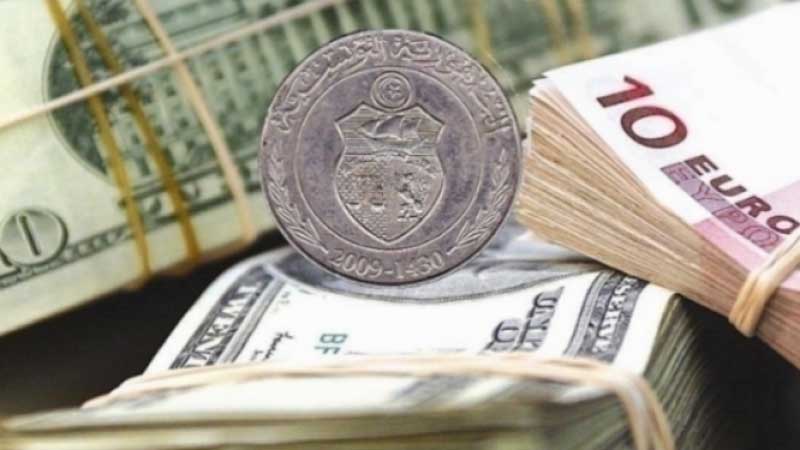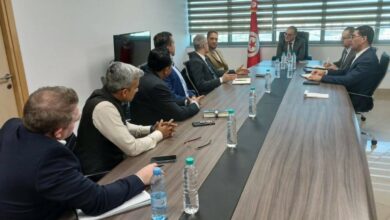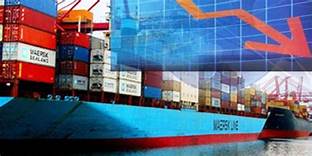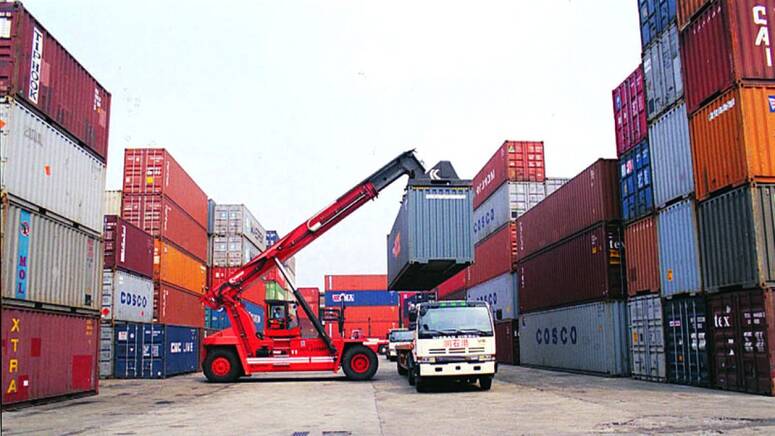Corruption in Public Procurement: A Barrier to Economic Growth in Tunisia

Introduction
In Tunisia, a nation striving to strengthen its economic foundations and emerge as a regional leader, the specter of corruption looms large, particularly within public procurement processes. This article delves deep into the intricacies of how corrupt practices within this vital sector undermine economic development, squander public resources, and create an uneven playing field for legitimate businesses. Through case studies, data analysis, and interviews with key stakeholders, we reveal the alarming consequences of these malpractices and the urgent need for reform
The State of Public Procurement in Tunisia
Public procurement represents a significant portion of Tunisia’s GDP, accounting for nearly 15%. Yet, a substantial portion of this budget is marred by inefficiencies and corrupt practices. According to Transparency International’s Corruption Perceptions Index, Tunisia ranks poorly among its peers, reflecting a systemic issue that hampers economic progress
Case Study: The “Highway 1” Project
One glaring example is the controversial “Highway 1” project, a critical infrastructure initiative intended to connect the northern and southern regions of the country. Originally budgeted at 200 million Tunisian dinars, the project ballooned to nearly 350 million due to alleged kickbacks to contractors and procurement officials. Whistleblowers within the Ministry of Equipment revealed that contracts were awarded not based on merit but rather on relationships and bribes, leading to subpar construction quality and delays that extended the project’s completion by three years
The Economic Impact of Corruption
The economic ramifications of such corrupt practices are profound. According to a report by the Tunisian Institute of Strategic Studies, corruption in public procurement costs the country an estimated 1 billion dinars annually. This loss stifles job creation, diverts funds from essential services like healthcare and education, and exacerbates poverty levels
Wasted Resources and Unfair Competition
Businesses that adhere to ethical practices are often sidelined by those willing to engage in corrupt activities. A local entrepreneur, who requested anonymity, shared her experience of being consistently outbid by companies with ties to government officials. “I followed all the regulations, but I was never given a fair chance. It’s disheartening to see how corruption can extinguish the dreams of honest entrepreneurs,” she lamented
Voices from the Frontlines
To shed light on the internal struggles against corruption, we spoke to several whistleblowers and activists. One former procurement officer, who chose to remain anonymous, recounted how a culture of fear permeates the ministry. “When I tried to raise concerns about irregularities, I was threatened with job loss. It’s a system that protects the corrupt,” they stated
Anti-corruption activist, Dr. Leila Ben Sassi, emphasized the need for a multi-faceted approach to tackle this issue. “We require robust legal frameworks, increased transparency in bidding processes, and support for whistleblowers. Without these, we are merely scratching the surface of a deeply rooted problem
Government Response and Challenges Ahead
While the Tunisian government has made commitments to combat corruption, implementation remains weak. The establishment of the National Anti-Corruption Authority in 2011 was a step forward, but bureaucratic inertia and a lack of political will have hindered significant progress
Data Analysis: Procurement Trends
An analysis of procurement data over the past decade reveals alarming patterns. Approximately 30% of contracts awarded show irregularities, often linked to inflated costs and non-compliance with bidding regulations. Public scrutiny remains limited, and many projects continue to operate under a veil of secrecy
Conclusion
The pervasive corruption within Tunisia’s public procurement processes stands as a formidable barrier to economic growth. The misallocation of resources not only stifles development but also undermines public trust in government institutions. As Tunisia navigates its path toward economic recovery and stability, addressing this corruption must be a priority
For genuine progress, a concerted effort from the government, civil society, and the private sector is essential. Only through transparency, accountability, and the empowerment of whistleblowers can Tunisia hope to dismantle the corrupt structures that inhibit its potential and build a more equitable economic future
Malek Chouchi




